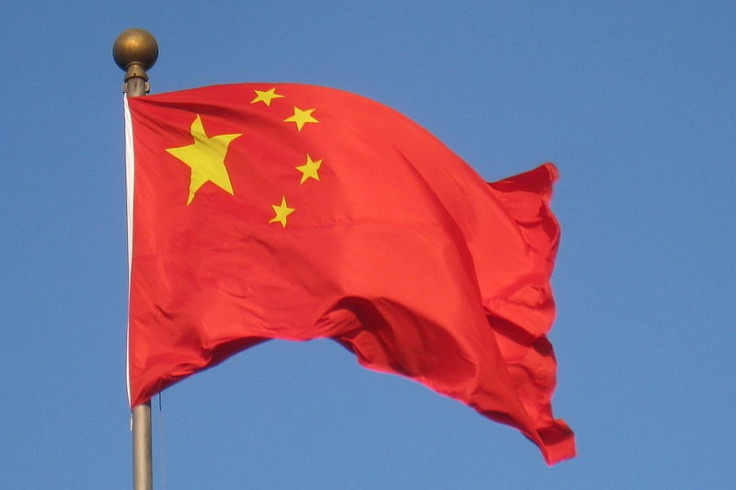McKinsey: World facing economic changes '3,000 times bigger than Industrial Revolution'

The global economy is in the middle of a dramatic transition that will have 3,000 times the impact of the Industrial Revolution and requires businesses and governments to overhaul their decision-making processes, according to the McKinsey Global Institute.
The consultancy giant believes that four major disruptors – globalisation, technology, ageing and urbanisation – are at the heart of a transformation that will see emerging markets take centre stage.
Richard Dobbs, a director at the institute, said: "These forces are bigger than anything we've seen before and will hit the global economy on a big scale. The Industrial Revolution involved 10 million people. The changes we're seeing in emerging markets involve three billion people."
Dobbs, who has published a book on the topic with fellow directors based on 25 years of research, also says that Western nations and governments must move quickly to "reposition" themselves for the changes.
They argue that major economic growth will shift to 440 cities in emerging markets, many of which the majority of westerners have likely never heard of. Dobbs cites Tianjin, a port city in the north west of China, as an example. It currently has the same GDP has Stockholm, but by 2025 is forecast to have the same growth rate as the whole of Sweden.
Asia is now the world's largest trading region, with 'South-South' flows between emerging markets doubling their share of global trade over the past decade. India is forecast to see GDP growth of 7.2% this year and China 6.8%.
Dobbs said: "We are 10 years into a 30-year transition that has been less noticeable because of the financial crisis. This is just the beginning of the rise of emerging markets, the centre of gravity will move east. Corporations are typically unaware of how significant the change will be."
Nevertheless, he also believes that the West should not be written off.
"A lot of creative and exciting things will still happen in the West, but it must reposition itself to cater for the rise of emerging markets. It's a question of how do Westerns firms and governments pivot to deal with the new world?"
The institute also believes that the accelerating scale of progress in the field of technology is shortening the lifecycle of companies, forcing executives to allocate resources differently and radically changing work patterns.
One of the biggest challenges facing governments will be ageing populations. Ageing across the world, combined with falling fertility, could lead to a population plateau for the first time in human history.
"Leaders in government and business need to do three things to cater for change: have an outward focus, be agile and have the right attitude," Dobbs said.
© Copyright IBTimes 2025. All rights reserved.






















